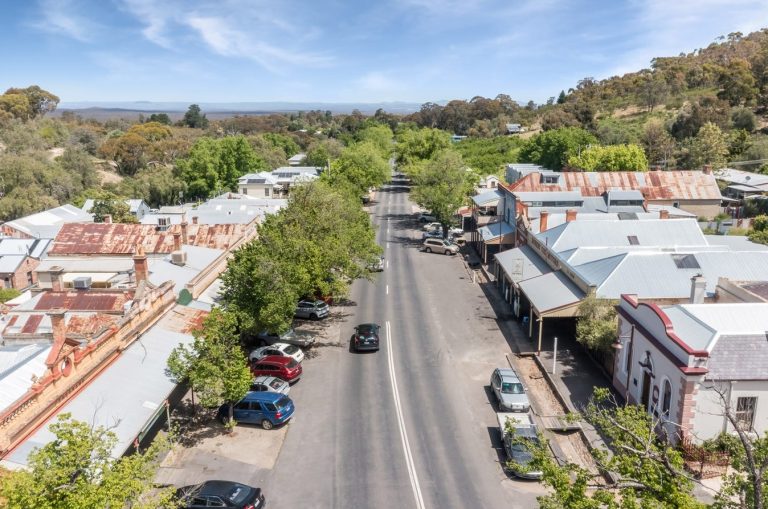SMSF: using property investment to fund your retirement

For many of us, our family home is a way of building a nest-egg for our future. An SMSF – or self managed super fund – can also use property investment to help fund your retirement.
But using an SMSF for property investment is not as simple as just sticking up your hand at auction; it needs to be done correctly, following strict rules, and in line with your fund’s investment strategy.
What sort of property?
SMSFs can invest in either commercial or residential property. This means the investment could be as diverse as a warehouse or shop, or a townhouse or unit.
Buying property with an SMSF needs to be done correctly and in line with your fund’s investment strategy.
According to the Australian Securities and Investments Commission, your SMSF can only invest in property if it follows the rules.
Under these rules the property must:
- Meet the “sole purpose test” of only providing retirement benefits to fund members.
- Not be bought from a related party of a member.
- Not be lived in by a fund member or any fund members’ related parties.
- Not be rented by a fund member or any fund members’ related parties.
This essentially means that all purchases must be on an “arms length” basis and in line with commercial realities – so no buying property from a family member and the price you pay must reflect what it’s worth on the open market.
However, your SMSF can potentially buy your own business premises and then you can pay rent to your SMSF.
Read more: SMSF an option when buying a home for your business
smsfsurvivalcentre.com.au founder Max Newnham says commercial property is one of the few assets that can be bought by an SMSF from its members.
“Direct commercial property can make a great deal of sense especially when the members own a business,” Newnham says.
“By selling a commercial property to an SMSF cash can often be freed up for the members to used to pay down personal debt in the SMSF can achieve a superior income return compared to other investments available.”
Direct commercial property can make a great deal of sense especially when the members own a business.
Weigh up the pros and cons
When you’re drawing up your investment strategy, it’s important to weigh up the pros and cons of investing in property and, specifically, the differences between residential and commercial property.
Read more: SMSF & borrowing to fund your investment strategy
Newnham says it sometimes does not make sense from a gearing point of view to have residential property in SMSF.
“Where residential property does make sense in an SMSF is if it enables the members to purchase a property that they want to live in once they retire and therefore bite at today’s values,” he says.
“In this situation when the members retire the property would need to be transferred out of the superannuation fund so that they can live in it.”
Be sure to follow the rules
It’s also important to understand what while super funds can take out loans to buy property, they can only do so under certain conditions. There are also rules around what the fund can use any borrowed money for.
Newnham says it’s essential to seek advice when considering investments as part of an SMSF.
Read more: SMSF, property & making sure it’s right for you
“An investment in the property should be benchmarked against whether it will add to or detract their ability of their fund to make their retirement goals,” he says.







